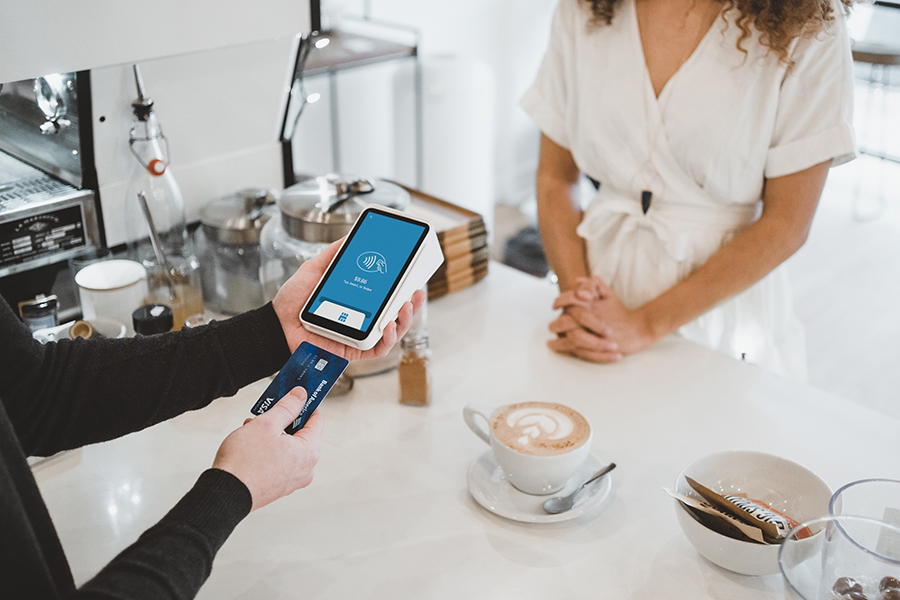1-Minute Chinese: 买 vs. 卖
That's Mandarin 2023-12-02 09:00


Most of the time, learning Chinese is a fun and rewarding experience.
But sometimes you'd run into some words and think, "Whyyyy! Why do they look similar, but mean completely different things?!"
In today's video, we look at 买 (mǎi) and 卖 (mài) - the two characters that look and sound very similar, but have the opposite meanings.
买 mǎi
The verb 买 (mǎi), 3rd tone, means "to buy".
You can use it to refer to buying, purchasing, and getting things.
我想买一件衣服。
Wǒ xiǎng mǎi yī jiàn yī fu
I want to buy a piece of clothing.
你昨天买了什么?
Nǐ zuó tiān mǎi le shén me?
What did you buy yesterday?
我给朋友买了一个礼物。
Wǒ gěi péng you mǎi le yī gè lǐ wù
I got my friend a gift.
我给爷爷奶奶买了一些水果。
Wǒ gěi yé ye nǎi nai mǎi le yī xiē shuǐ guǒ
I got some fruit for my grandparents.
卖 mài
The verb 卖 (mài), 4th tone, means "to sell".
It's often used by street vendors, and you can also use it to ask the classic question about the price, "How much is/are...?", in a slightly different way:
请问苹果怎么卖?
Qǐng wèn píng guǒ zěn me mài?
How much are the apples?
抱歉,这个不卖。
Bào qiàn, zhè ge bù mài
Sorry, this is not for sale.
不好意思,番茄8元一斤,少了不卖。
Bù hǎo yì si, fān qié bā yuán yī jīn, shǎo le bù mài
Sorry, the tomatoes are 8 yuan per jin, and I can't sell them at a lower price.
马路边儿有许多叫卖的小贩。
Mǎ lù biānr yǒu xǔ duō jiào mài de xiǎo fàn
There are a lot of street traders peddling their goods along the road.
买卖 mǎi mai
You can combine the two verbs as well!
In this case, 买卖 (mǎi mai) will become a noun that means "trade", or simply "buying and selling".
做买卖
zuò mǎi mai
to do trade; to be a merchant
我的朋友是做买卖的。
Wǒ de péng you shì zuò mǎi mai de
My friend is in the trading business.
Take It Further
1. 别卖关子了 (Bié mài guān zi le)
Have you ever heard this phrase? What does it mean and what's being sold there... 关子 (guān zi)?
In ancient China, 关子 (guān zi) meant "bills". But today, the phrase 卖关子 means "to keep someone in suspense".
Imagine telling your friends a story, and then stopping right before the most important twist - to keep them guessing how that story ends. They would tell you:
求你别卖关子了,快告诉我故事的结果吧!
Qiú nǐ bié mài guān zi le, kuài gào su wǒ gù shi de jié guǒ ba!
Stop holding us in suspense, tell me how that story ended!
2. 剁手 (duò shǒu)
Recently, many people have been using the phrase 剁手 (duò shǒu) instead of the verb "to buy", 买 (mǎi). The verb phrase 剁手 (duò shǒu) literally means "to cut one's hands", and it's often used to talk about the shopping addiction.
Since everyone buys things online, you will see 剁手 (duò shǒu) online a lot - on Taobao and other shopping platforms - especially during the 11.11 Shopping Festival.
Source:That's Mandarin
Editor:wanwan

















 英语点津微信
英语点津微信 双语小程序
双语小程序